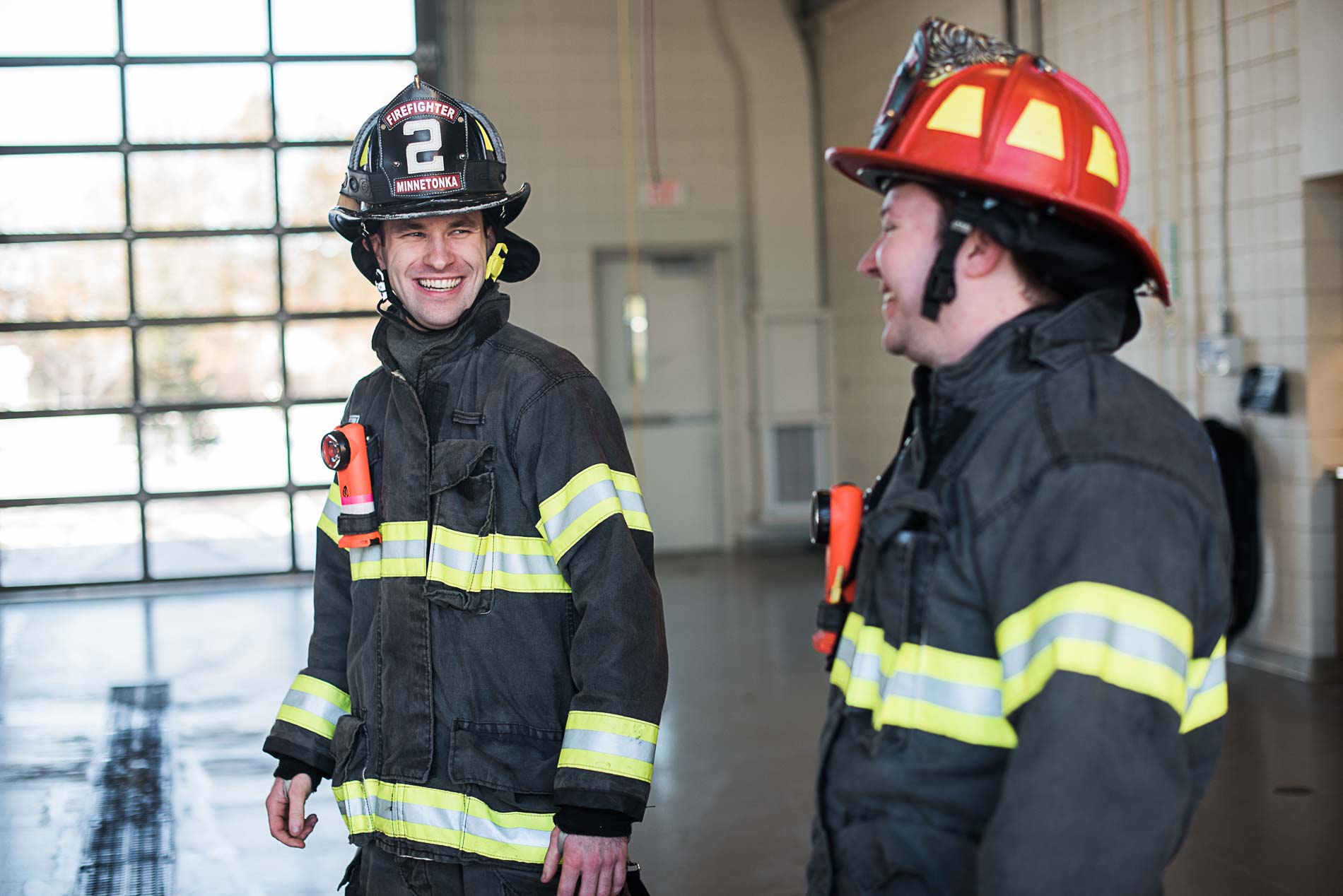By MnFIRE Assistance Program partner, Optum
As the world at large wrestles with the pandemic, systemic racism and social injustices, among other complexities and difficulties, one thing you can control is how you treat yourself. It’s so important to support your own health and well-being. Whatever you’re going through — good, bad or neutral — are you being kind to yourself? As firefighters who spend all day serving others, this is a question we need to ask ourselves often.
Being kind to yourself is not about feeling self-pity or blaming others; it’s about understanding that life sometimes brings tough times and uncomfortable emotions. It’s also about understanding that everyone endures difficulties and makes mistakes — it’s part of being human.
Self-compassionate people are far more likely to acknowledge and process difficulties to find a path forward. In fact, research shows practicing genuine self-compassion can help you:
- Feel more motivated and optimistic
- Feel safer and more secure
- Be more resilient
- Be more confident and authentic
- Adopt a healthier lifestyle, including being more active and eating more nutritiously
People who practice self-compassion also tend to take greater personal responsibility for their actions. This includes being more likely to reflect, learn and take steps to correct course, such as making amends with someone or something, and looking for ways to be and do better.
Practicing self-compassion
This does not necessarily come naturally. Difficult circumstances and hard times more often trigger people to criticize themselves or to blame others. Both reactions increase stress, and chronic stress can lead to mental health conditions like depression and anxiety.
However, you can cultivate self-compassion by consistently practicing it.
For example, think about when a friend is going through something difficult, such as something someone else might have done to them or something that happened beyond their control. If you’re like most people, your impulse is to try empathizing with what your friend is going through and figure out how you can help them. You acknowledge their pain. You try to be present and actively listen. In those moments especially, you don’t second-guess and criticize them, and you don’t tell them what they should have or could have done differently.
Odds are you would also encourage them that they can and will get through this hardship. Odds are you would try to help them think about how to overcome it.
Do the same for yourself.
Taking care of yourself is an important part of coping with tough times, and steeling yourself for the challenges to come. Eating nutritious foods, getting enough sleep, exercising regularly and doing things you enjoy will help you be and feel stronger physically, mentally and emotionally.
MnFIRE also offers a deep-dive training course on emotional wellness. This two hour class will help de-stigmatize talking about mental health in your department, as well as provide practical information around how to properly debrief after a difficult call with your team, ways to maintain emotional well-being and what resources are available for those who need help. Get your department signed up today!








